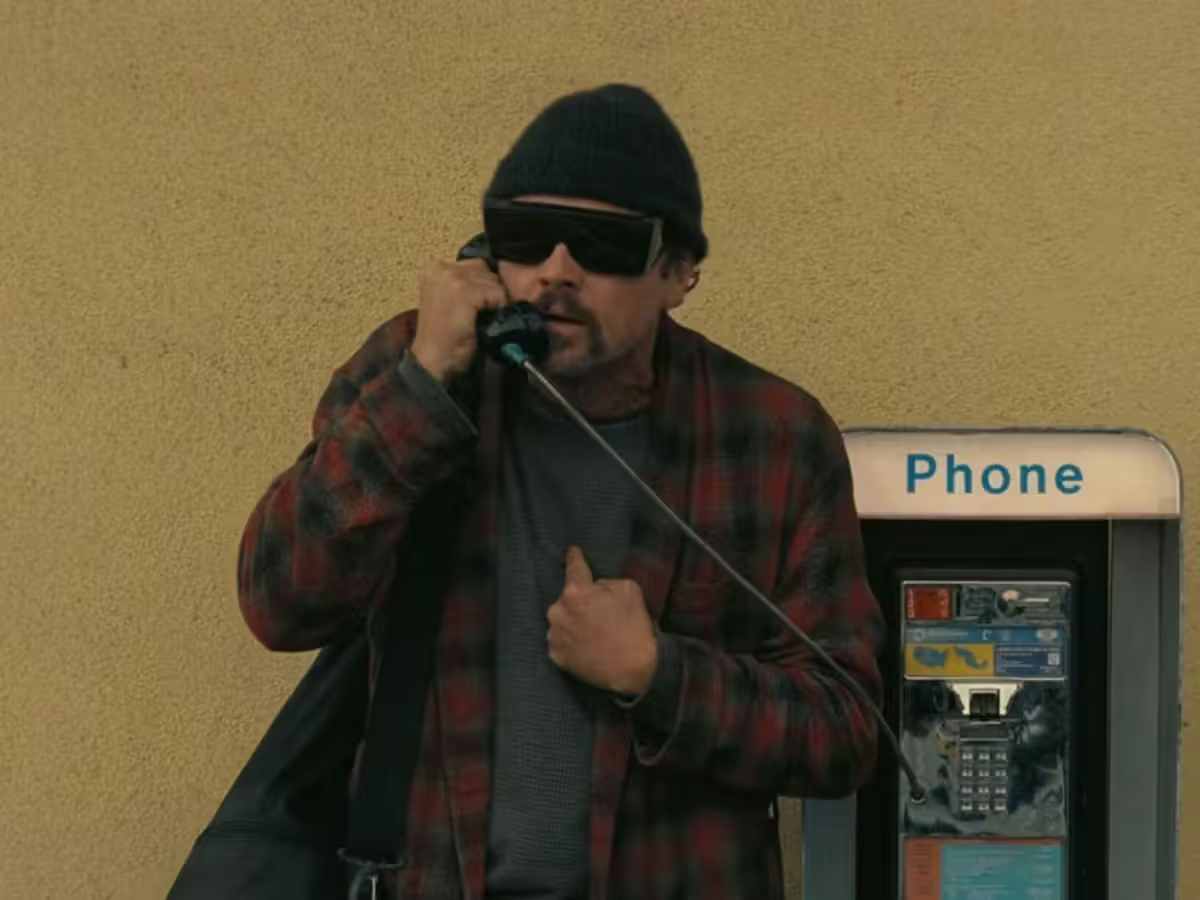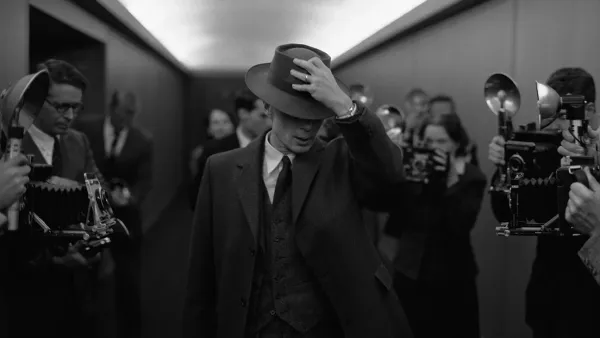Why One Battle After Another is the definitive political epic of the Modern Era (No Spoilers)
Many men have tried; Paul Thomas Anderson has actually (finally) succeeded.

If you're a regular reader, you'll know my deep frustration these past few years with the latest crop of dudebros (cough cough), who desperately want to be the Orson Welles, the Oliver Stone, The Guy™ to make The Movie™ about our time. It's the final bastion of filmmaking, the ultimate hurdle - to make a film that transcends you, one that historians will laud and Film students will be compelled to watch for decades to come.
The reason most fail to do this is very simple - they're not radical enough. Radical, as in, surrounding themselves with the reasons why things are happening, and actually listening to people when they explain their motivations, instead of ascribing one to them. A lot of these filmmakers either don't read, aren't intellectually curious, or are stuck in a political bubble that appeases their immediate surroundings. They attempt to critique a world they don't functionally live in.
If I didn't know Paul Thomas Anderson, on paper, I would have been very sceptical of this movie. From the trailer alone, there's talk of """ Revolution""" - from what a layperson knows of PTA, he's an Industry darling and insider. If anyone were in a political bubble, cocooned from this moment's worst effects, it would be him.
Maybe it's the book, Vineland, very loosely adapted, that gives One Battle After Another it's edge; maybe it's just that PTA has always got it - from the subtleties of Phantom Thread to the grand statements of There Will Be Blood and The Master, Anderson has always understood that for a film to try to critique anything, it has to...you know...critique it. Be critical.
The only way to be critical is to have a theory of why, and then deconstruct the why into its negative, harmful or impotent effects.
The Theory of Why is always so underdeveloped by the 'bros, mostly because they've never had to critically think about why things are the way they are. For instance, Aster in Eddington (sorry, I had to, I had to) seems to elevate the Right Wing "why" to "These guys seem really sad and broken" and place his Left-wing "why" to "People like receiving approval and money, and boys do things so girls will like them". These kinds of filmmakers often go for essentialism thatstops right there because that's easy - people want to eat and sleep with people, and that's about it.
Because they've never interrogated themselves in any detail, they don't have any other motivations they can think of.
Paul's theory of Why is very, very well developed - again, likely because of the inspiration from Vineland, which is a story that spans the Nixonian years of '60s rebellion all the way into the Reagan 80's - quite literally the period of history that we find ourselves mirroring now. Same as it ever was.
The reason One Battle After Another succeeds is that it starts to ask the question of why at a higher level - yes, people are driven by self-interest, but it's more layered than that. How does that self-interest interact with their self-image? Which type of people are able to overcome the paradox of that, and which are consumed by it? Who is really responsible for our collective unrest and struggle, and what actually motivates them?
Paul is unafraid to call White Supremacists bigots and rich. That's the bottom line, that's why it works. He has no blind spot here; he has no reason to rationalise it under the guise of "Safety" or "They just want to protect the homeland" or "Poor baby, he's just broken and lashing out". He calls White Supremacy what it is - an action. Something Powerful, Cis White Men decide to do around a table on a regular basis, because they believe White Men are superior. That is how they maintain their self-image. It's just a belief to them - the same way God is a belief, the same way we believe we'll see the sun in the morning. They make everyone else's lives more violent and difficult in the name of this belief.
This "why" makes people uncomfortable because it can't be reasoned with. The scholarship agrees - this isn't a rational worldview, and rationality won't erase it. We simply have to learn to spot it, and then - fight or flight.
One Battle After Another spans every single corner of the current moment - from generational divides, to Leftist infighting, to the myriad of blind spots White People have when organising alongside minority communities, to the baseline effects of theory and politics on the home and the family. It does all of this without making it a history or politics lesson - it's a blockbuster, an arthouse indie, and a character drama. It's everything delicious about the form, and everything brilliant about the thesis. It's The One™ - Paul Thomas Anderson is The Guy™ and he made The Movie™.
The closest praise I can give it is the praise I gave Halina Reijn for "Bodies Bodies Bodies" - he sought to understand, instead of seeking to portray. He dunks on no one; he just shows them as they are, from the inside. Sometimes it's ugly, sometimes it's not flattering, but it's true.
They could never make me hate you, Maya Rudolph's Boyfriend.




